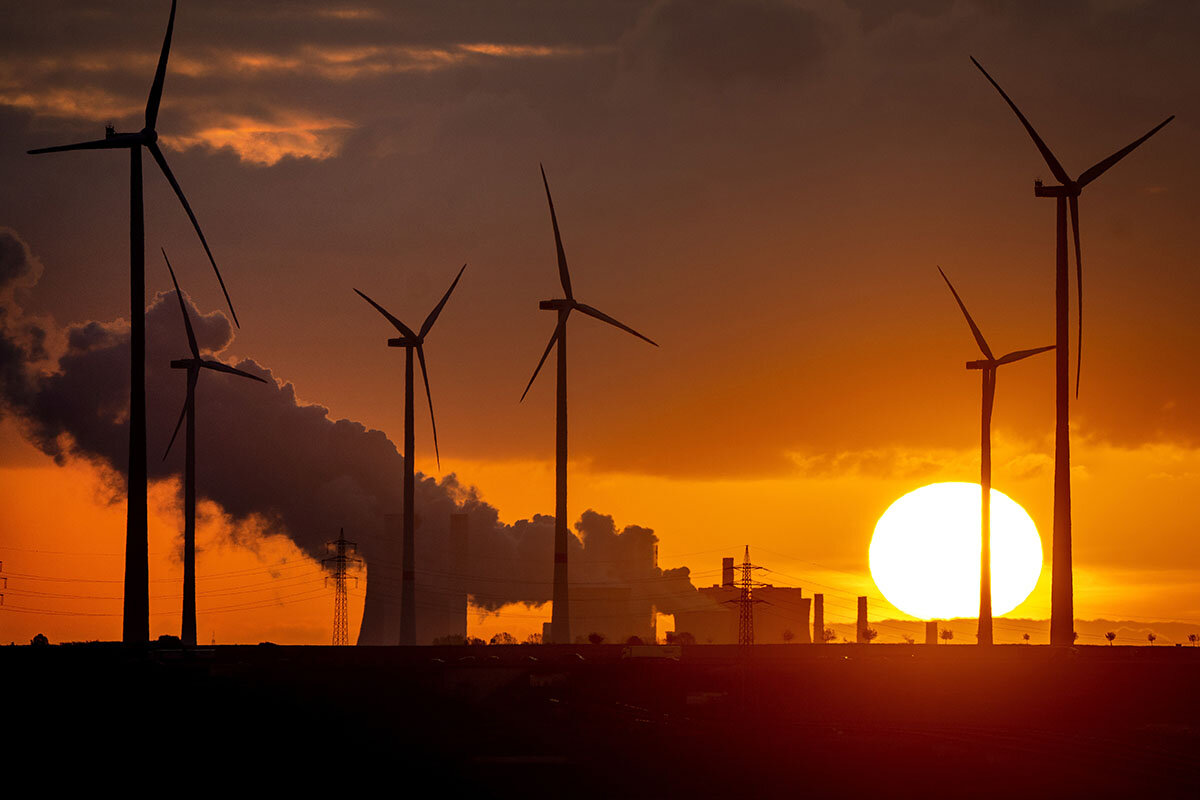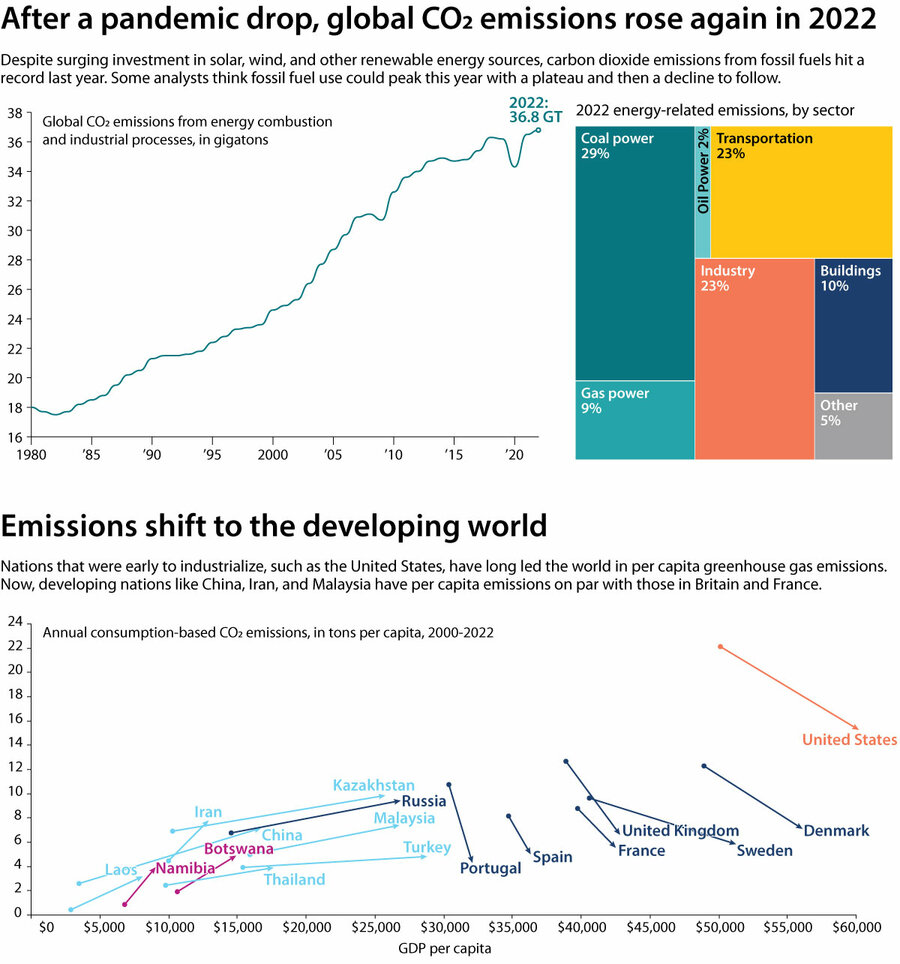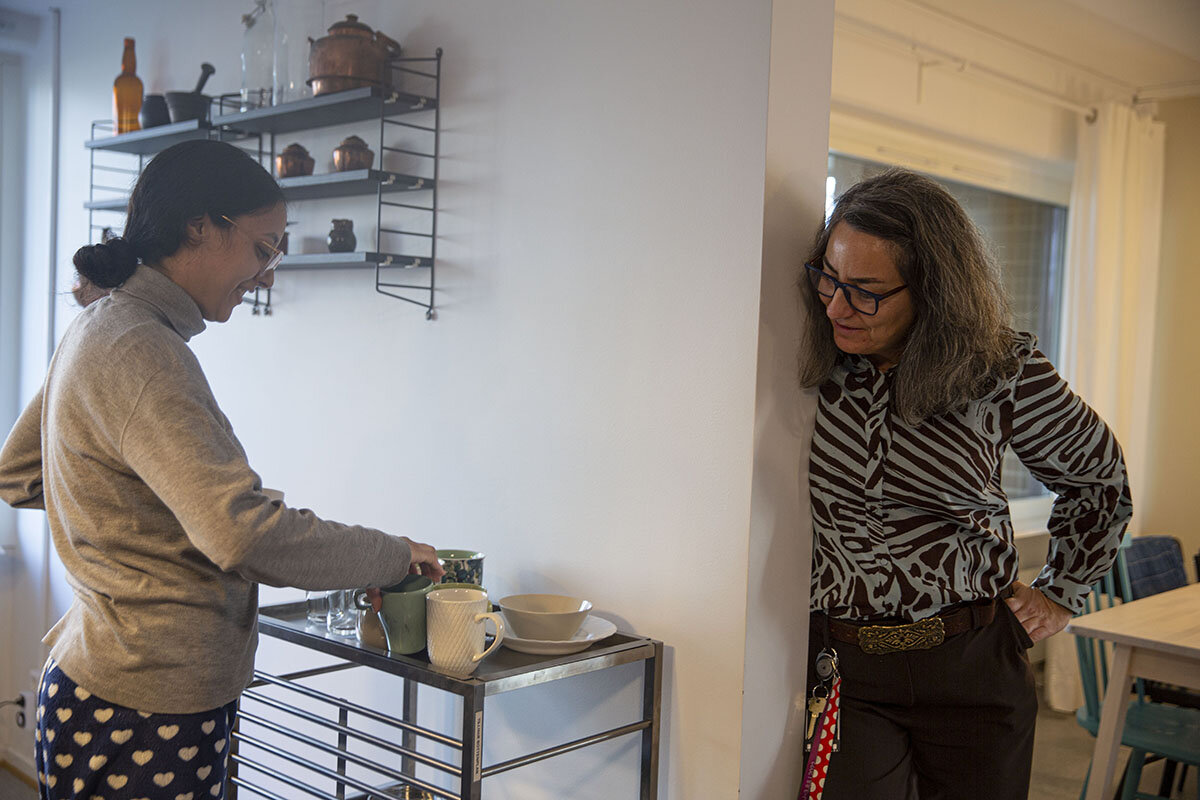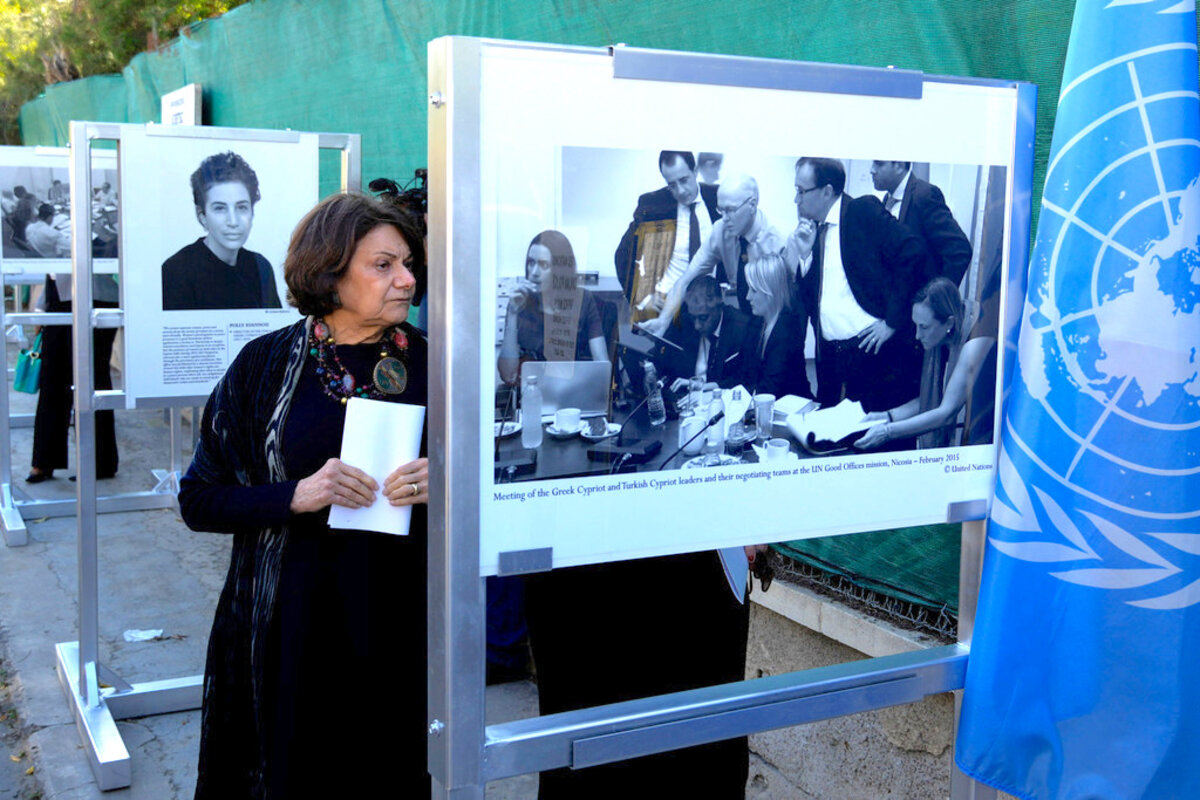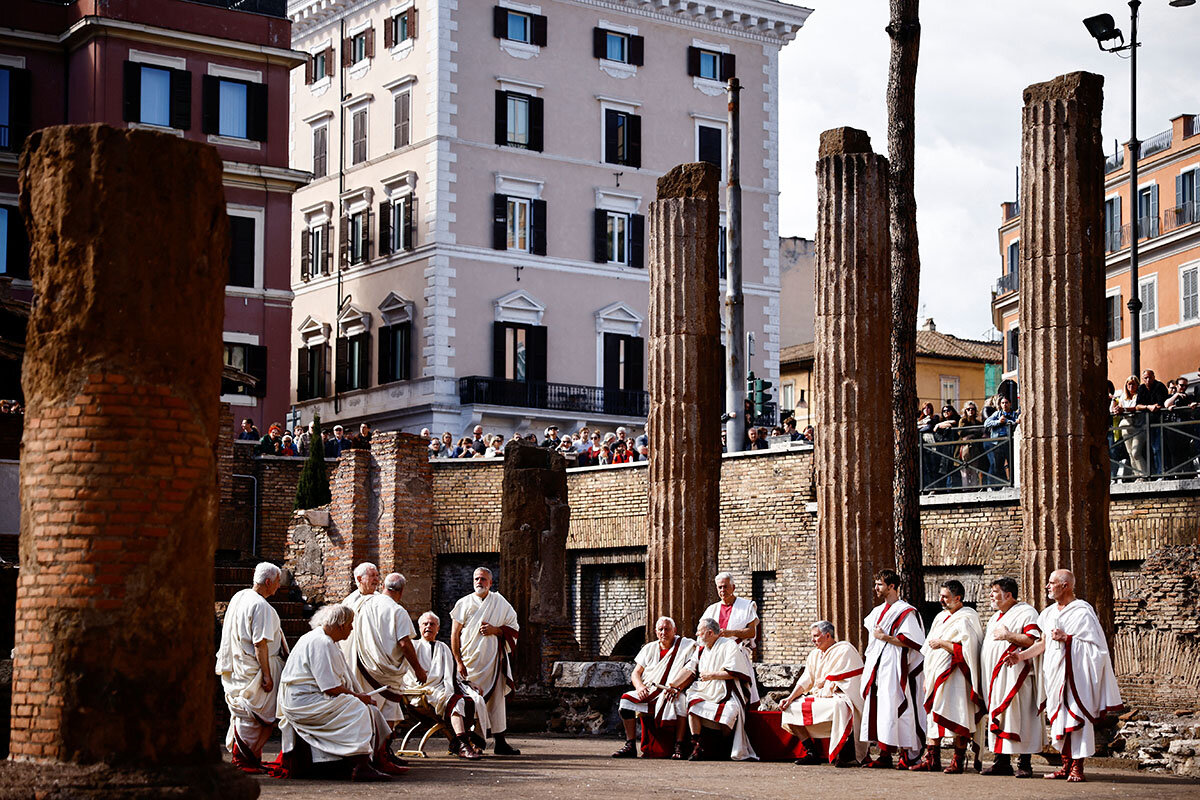Will China use its military resources to give Russia an edge on the battlefield? Although the Ukraine war has propelled cooperation between Beijing and Moscow, China’s calculations in Eastern Europe have more to do with the United States.
Monitor Daily Podcast
- Follow us:
- Apple Podcasts
- Spotify
- RSS Feed
- Download
 Amelia Newcomb
Amelia Newcomb
Last month, I shared the results of a Pew survey of parents’ views about raising children. Topping their concerns were mental health, bullying, and safety. Longer-range, most expressed hope that children would simply live stable, satisfying lives. And many said parenting was harder than they expected. So I asked readers: Is parenting harder today?
Karin Heath, a mother of three who has worked with young people for decades, says yes. Just look at cellphones, she says – amazing tools, but also a relentless lure into a world that often spurs negative comparisons with peers and a misguided sense of what others’ lives are really like.
“When I’m able to limit the time the young people in my care have their cellphones in their hands,” she says, “their behavior improves exponentially.”
Some raised the issue of children’s agency. Eric and Marian Klieber wrote of their “hope parents can get better at stepping back – without losing sight, of course, of when to intervene. Children empowered by their ability to make decisions about their lives at appropriate ages will usually turn out fine.”
Another lauded the greater duty-sharing between moms and dads. It’s “a definite improvement in family life,” writes Carol Lambert.
There was clear common ground on the need for love and commitment from older folks toward the younger ones in their lives. “I’ve learned that nothing is more vital … than for [young people] to have an adult in their lives who loves them and will engage with them,” says Ms. Heath. That can include the village that raises a child. As reader Helen Young wrote, “I will pay more attention to these concerns that touch parents’ and families’ lives so deeply.”





